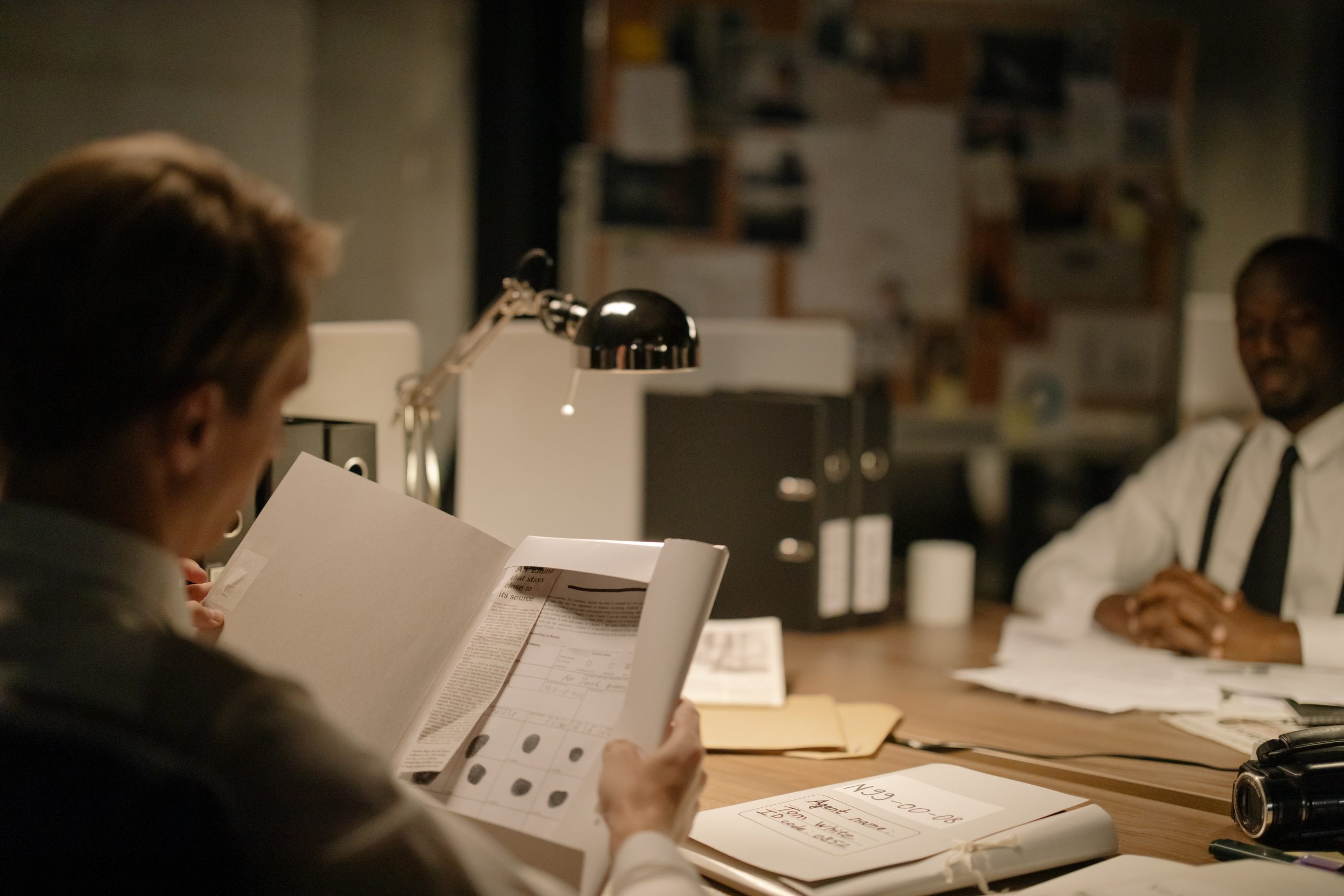The three-part docu-series Stephen tells the story of Doreen and Neville Lawrence’s ongoing struggle to find justice and closure for their son, and how a detective Dr. Clive Driscoll ran the investigation that finally, after 18 years – secured the convictions of those who participated in the murder of Stephen Lawrence.
General Overview
Doreen and Neville Lawrence are played by Sharlene Whyte and Hugh Quarshie while DCI Driscoll is played by Steve Coogan – Hugh Quarshie had previously played this same role in the original award-winning drama The Murder of Stephen Lawrence which was set in 1993.
It first told the story of the murder of Stephen Lawrence and the ensuing struggle for justice. Stephen comes as a prequel to this – portraying events from 2006, where 13 years after Stephen’s murder there had still been no convictions, despite his killers’ identities being widely known.
I’ll be the first to admit I’m no film critic, I just enjoy watching stuff and giving my unsolicited opinions on what I’ve watched, so this review will be more of my personal learnings and less an analysis of the technical and creative quality. This is by no means an exhaustive review, not even close so do make sure to watch Stephen for yourself.
Plot Breakdown
Episode one brings us up to speed with the Lawrences and introduces us to the character DCI Driscoll and how he came to lead the re-investigation.
In episode two we see that the processes of criminal prosecution are more complex than it seems, and the team works to build a solid body of evidence to ensure the case gets reopened.
In episode three after having received the green light, two arrests are made and the trial is underway, not without its many obstacles however. This process culminates in the convictions of Gary Dobson and David Norris. All through this a friendship and camaraderie forms between Driscoll and Doreen that is heartwarming to see.
A lot of deep and complex emotions were well portrayed in this series – grief, anger, the quest for justice, apathy. It touched on this unspoken expectation where people feel that victims of such loss ought to have gotten over it after a while and need not rehearse the past, but there’s a powerful scene in episode two where the actor playing Rolan Adam’s father details how forgiveness is often mistaken for being content and not wanting justice.
I re-watched this scene immediately because I found it to be so profound and a great representation of a very complex struggle that victims of such crimes face. It truly encapsulated the burden of forgiveness. Forgiveness of such acts has to be earned for society to function properly, expecting victims of such crimes to simply forgive as part of their own personal healing process and to ‘get over it’ is to ask them to stifle their cries so everyone can keep living in the illusion that everything has been dealt with.
The reality is that young boys going about their day, precious to their families, were picked on and murdered because of the color of their skin. In the midst of that, their loved ones had to
fight for that to be acknowledged, for the life of their children to be treated with dignity. Their senseless murder should have been met with outrage, instead it was met with delays and excuses and half-hearted attempts to deliver justice. All of which were fostered by a culture of racism.
There are three scenes (one in each episode) where we relive the night of Stephens murder through reenactments by the investigation team as they seek to solve the case. In episode three, we see the testimony of Duwayne Brooks played by actor Richie Campbell– while done in a very muted way it is still a heartbreaking scene, and you can’t help but mourn for young Stephen all over again.

The permanence of grief
Time heals all wounds – is a famous saying that doesn’t hold true here. For the Lawrence’s the trauma that comes from losing your child so unjustly and needlessly lives with you for a long time. In the first episode Stephen’s father admits to feeling anger and unrest from being in a nation that has done nothing for his son.
Also, even though she had probably heard it many times before, hearing Stephen’s friend recount the night of the murder and Stephen’s last words for the jury brought up fresh emotions for Doreen where she mourned not having been there to comfort him in his last moments.
The importance of allyship
For me, DCI Driscoll represented allyship done right – as a detective he did not excuse or deny the part his institution played, he wanted to do what he could to right the wrongs made and deliver justice to the family. He followed through with tangible actions. There was also a level of empathy clearly shown – I think that’s what allyship is really about – not denying the wrongs suffered and doing whatever is possible in your professional and personal capacity to rectify wrongs or at least to ensure that tragic history is never repeated.
So how exactly does the investigative team secure the evidence they need to convict Stephen’s murderers and why only two convictions and not the entire gang? Do Stephen’s murderers finally show some remorse and repentance for what they did? All three episodes of the docu-series are out now on ITV and will have all these answers and more.


